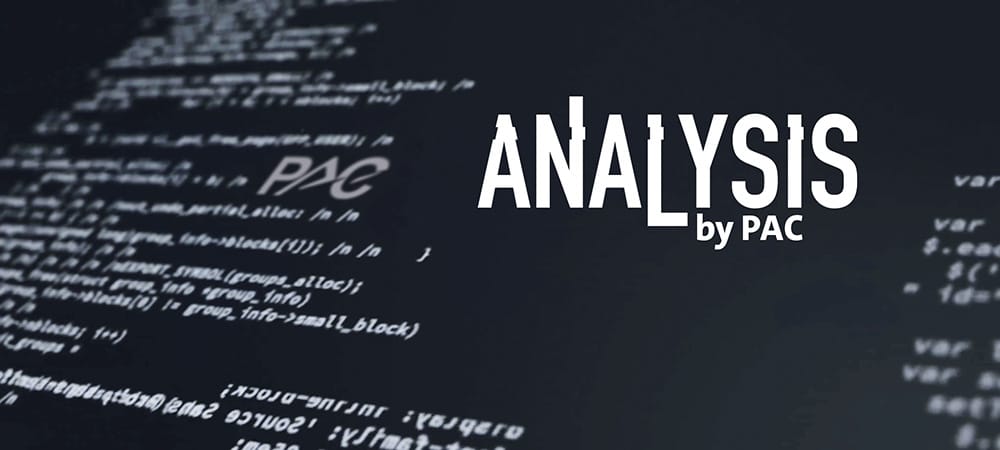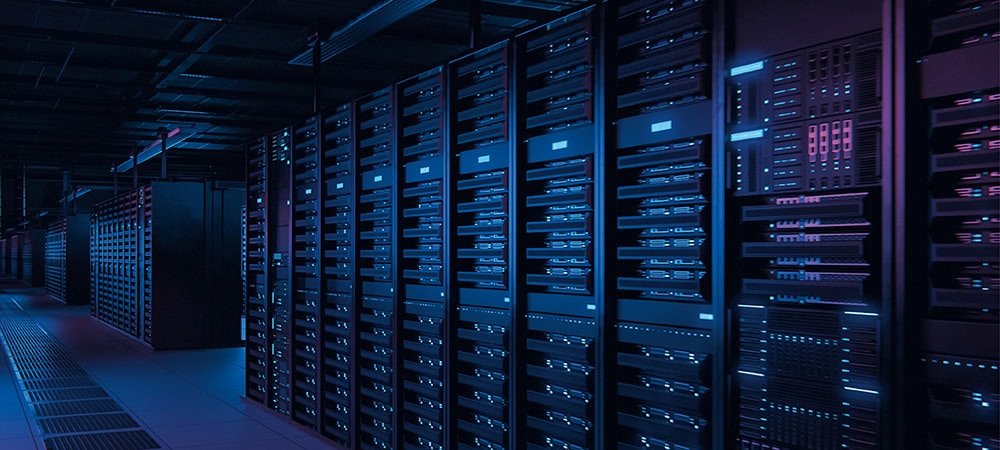Educational work 4.0


Nevertheless, the term is not yet sufficiently well known in German manufacturing companies. According to the survey, executives at just over one in three companies (32 percent) in the automotive, mechanical engineering, chemical and electrical industries say they have not yet heard or read anything about Industry 4.0."
A frightening result?
Not necessarily, because the question remains unanswered as to whether the glass is half full or half empty. The fact is, however, that Germany has an excellent and very dense media network - in terms of quality and quantity.
Where is the problem? These channels, and thus the editorial teams and trade journalists, are being contacted and involved less and less. In many cases, leading industrial companies are content with entertaining Twitter messages and self-written cheers as sustainable communication and education work.
Example:
SAP spends a lot of money and effort hiring freelance copywriters to write unreflective and uncritical reports about Walldorf. These texts are then published on the company's own homepage or in channels purchased from third parties.
There was no open, unbiased engagement with the free press in the form of a CeBIT press conference this year. Instead, a small number of journalists and analysts were invited for one-on-one meetings.
Naturally, E-3 Magazine did not receive an invitation - in the meantime, we see this as an award and recognition of our critical and constructive reporting.
But SAP is not the only company to reduce communication with the independent media to a minimum. Other IT companies are showing similarly limited willingness to engage in dialog.
The result:
The reporting is very reduced, because the information situation is poor, or the journalists indulge in speculation and opinion journalism. At this point, there would be room for a discussion about the debt to bring and the debt to get, but in professional and community journalism, things are somewhat simpler:
On the one hand, there are the large, global IT corporations, and on the other, the many regional special-interest magazines - there is no need for any further discussion about who is to blame for what.
SAP is sawing at the branch on which it is sitting. There is a demonstrable lack of information about Hana and S/4. Numerous questions at Sapphire proved it:
"I am shocked," said Professor Hasso Plattner in the face of a question about Hana. Of course, he readily provided information, but was irritated that such questions arise at all.
In Plattner's view, the community should already be further along in terms of the level of information and educational work. The level of awareness of and knowledge about Industrie 4.0 is similar.
"In view of the great importance of Industry 4.0, this result makes one think"
says Winfried Holz, member of the Bitkom Executive Board.
"The future of the individual sectors and of Germany as a business location depends crucially on this. Those who don't address the issue now could miss the boat."
And something similar could happen with Hana: Anyone who doesn't see the possibilities and opportunities is unlikely to be interested in a new database platform.
Every technology should be preceded by sustainable educational work, so that knowledge in turn generates knowledge and thus actively shapes the future.






